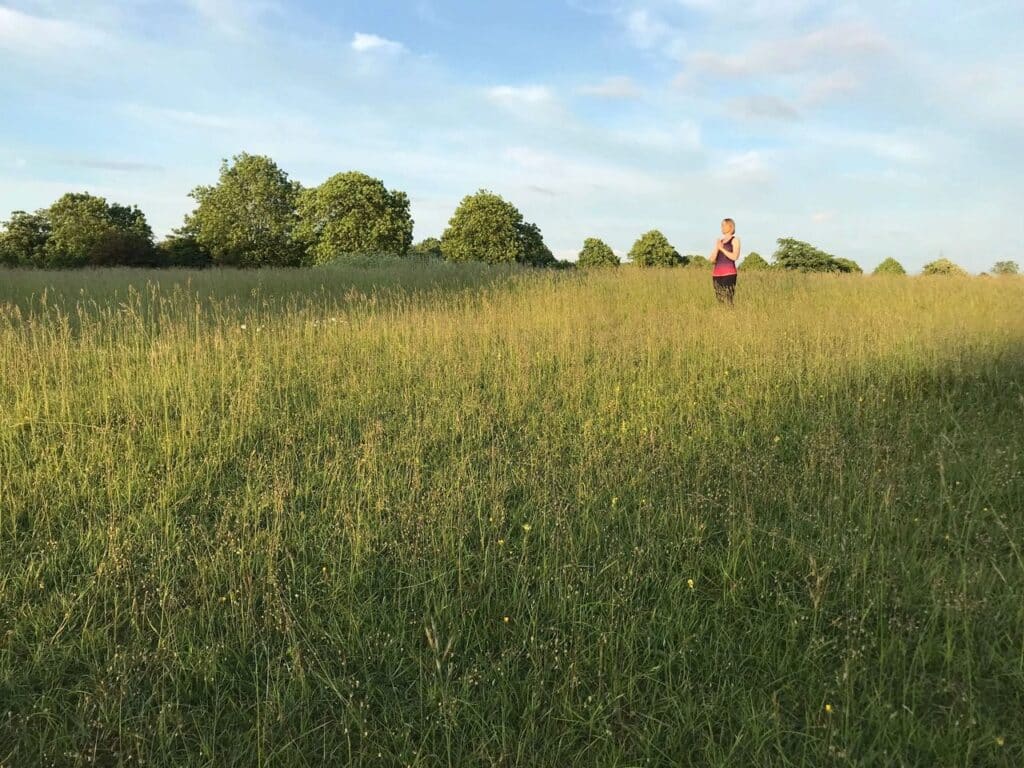Peri-to-post menopause sleep issues
We all know the power of a good night’s rest and the unique ability it has to help our bodies heal and regenerate. The trouble is, it seems so hard to achieve, especially for those of us in peri-to-post menopause.
As it it wasn’t enough to have our raging hormones leaving us chronically fatigued during the day (among many other things), they can often prevent us from getting a good night’s sleep too. Common symptoms in the peri-to-post menopause transition at night include:
- Difficulty getting to sleep
- Midnight insomnia
- Poor quality sleep
- Anxiety / racing throughts
- Night sweats
- Restless legs
- Bathroom trips
There’s nothing like feeling wired and tired and unable to sleep at 3am while your partner snores gently next to you to make you feel utter despair. There’s a reason sleep deprivation is used as a form of torture. A study on rats linked sleep deprivation with death, and if you’re chronically sleep-deprived you might be able to relate to that, although comparative studies on humans haven’t taken place – for obvious reasons!
An online course to help you sleep
Spurred on by my own experience of mutliple bathroom trips each night and chronic fatigue during the day I have created a self-paced course to help other women experiencing sleep disorders empower their way to a better night’s sleep.
While sleep problems for women in midlife are largely dominated by hormones, they are also multi-factorial, so the course covers different areas in which you may be able to optimise your environment, habits and routines in ways that improve your sleep.
Seven ways for a better night’s sleep
- Understand your sleep. Understanding the science of sleep – the circadian rhythm that manages our body clock, the different stages of sleep and the common disturbances that women in peri-to-post menopause experience – builds the foundations for a good night’s rest. When you know why and how different elements of your life impact negatively on your sleep, there’s more of an incentive to change them.
- Create your ideal sleep environment. Think of your bedroom as your personal sanctuary for rest and rejuvenation. Just like you might optimize your workspace for productivity, creating an ideal sleep environment can significantly impact the quality and duration of your sleep.
- Establish a relaxing bedtime routine. The most surprising thing? Your bedtime routine begins the moment you wake up. Go outside within the first hour of waking and the morning sunlight kickstarts the hormones responsible for regulating your circadian rhythms. A consistent pre-sleep ritual signals to your body and mind that it’s time to slow down, release the day’s stresses, and prepare for rest.
- Cultivate the mind-body connection for better sleep. Many women find that even with the perfect sleep environment and a relaxing routine, a busy or anxious mind can still keep them awake. There’s a whole host of practical tools you can try to help quieten a busy brain before bed, including breathwork, journaling, meditation and even gentle yoga. Viparita Karani – or legs up the wall pose can be particularly helpful.
- Fuel for sleep. What you eat and drink throughout the day, and especially in the hours leading up to bedtime, can either support or sabotage your ability to fall asleep and enjoy restful nights, particularly as your body navigates the hormonal shifts of menopause. Just as important is what not to eat and there are no suprises here when I include caffeine and alcohol in that list.
- Exercise for sleep. The relationship between exercise and sleep is a well-documented one. Regular physical activity can have a profound positive impact on your sleep quality and duration through several mechanisms: reduced stress and anxiety, improved sleep onset (the time it takes for you to get to sleep) and when you do finally drop off, having exercised that day improves the quality of your sleep.
- Build sustainable habits. It seems so simple, but it’s not necessarily a quick fix. For true insomniacs, it can take a few months to bring the body back into equilibrium and the circadian rhythm back into a better cycle but work that starts today and see small improvements pretty quickly.
Sleep resources and strategies in midlife
This course is designed to help women understand the unique sleep challenges we face in peri-to-post menopause, empowering through knowledge and offering practical strategies and lifestyle adjustments from the simple to the more comprehensive. We cover all of the above topics in more depth.
Always remember that you are unique – what works for one friend may not work for you, but it’s always worth listening to that friend just in case it might work for you.
So if your raging hormones leave you struggling to achieve a good night’s rest, please know that you are not alone – and that help is here!
If you’d like to find out about the lifestyle strategies you could adopt to improve your sleep, you can find them in my Reclaim Your Rest course, an online course aimed specifically at improving your sleep in peri-to-post menopause. You can start today (or whenever’s convenient) and work through it at your own pace.
Sleep diary template
It includes a downloadable sleep diary, seven lessons and recorded guided relaxations for you to listen to. All for the price of a takeout coffee every day for a week.
Reclaim Your Rest: The Seven Day Sleep Solution for Women in Midlife is available now. Start today and have better sleep within a week!


